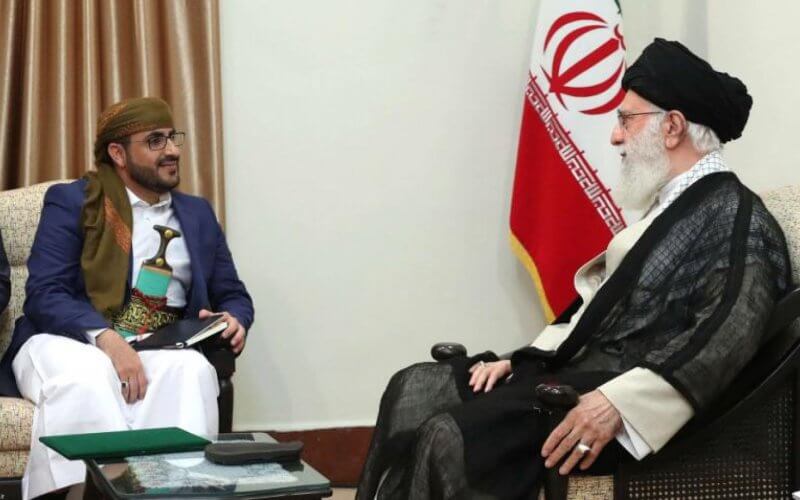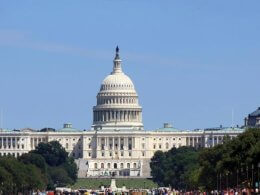New intelligence gathered by the United States indicates the Islamic Republic of Iran-backed Houthi terrorists are looking to obtain more weapons from Tehran to continue their attacks on American Naval vessels and commercial shipping in the Red Sea, according to Sunday reports.
For at least one month, U.S. intelligence officials have analyzed information on the Houthis’ planning for the increased attacks, including their actions to obtain additional weaponry to launch missiles at commercial ships. The intelligence also showed that the Iran-backed group might attempt to attack Western forces in the region. Officials say it is unclear whether the recent strikes by American forces in Yemen have altered the Houthis and Tehran's planning for such attacks.
The Houthis have stated that their attacks on international shipping are in support of Gaza to pressure Israel to stop its bombing campaign targeting Hamas terrorist fighters.
“I think this intelligence demonstrates that the Houthis are seeking to leverage their prominent role in the Axis of Resistance's response post-Oct. 7 to acquire new arms from the Islamic Republic," explained Jason Brodsky, policy director at United Against Nuclear Iran (UANI).
"Their consideration of attacking US forces in the region should not be dismissed as the Houthis have launched drone and missile attacks at the UAE in the past, and the UAE hosts U.S. troops at Al-Dhafra Air Base," Brodsky told The Foreign Desk.
Following the Oct. 7 massacre by Hamas against Israel, the Houthis, and other terrorist proxies in Lebanon, Iraq, and Syria have attacked American and Israeli forces in the Middle East, placing the region in a precarious situation. In Tehran, Iranian Supreme Leader Ayatollah Ali Khamenei and Iranian President Ebrahim Raisi have praised Hamas’s brutal attack, vowing to support the terrorist group and provide financial support to proxies throughout the region in an attempt to create a broader conflict.
Since Oct. 7, Iranian-backed terrorist groups have attacked U.S. troops in Iraq and Syria 140 times, according to the Pentagon. The attacks have included a combination of drones and rockets and caused damage to infrastructure. Over the weekend, the terrorist groups in Western Iraq launched a major attack on Al Asad airbase, injuring several American personnel.
In response to the Houthi attack on U.S. naval vessels, American and British forces enacted a series of strikes against Houthi installations to thwart the group's efforts. Last Friday, U.S. fighter jets attacked Houthi infrastructure sites for the sixth time, taking out three anti-ship missiles in Yemen that were preparing to engage in more attacks.
Following the Biden administration's decision to designate the Houthis as a Specially Designated Global Terrorist (SDGT) entity last week, experts noted that the decision not to re-designate the Houthis on the U.S. State Department's Foreign Terrorist Organization (FTO) list, allows the group to evade U.S. sanctions.
Related Story: Biden’s Watered-Down Terrorist Designation of Houthi Rebels Does Nothing to Thwart Group’s Activities, Experts Say










